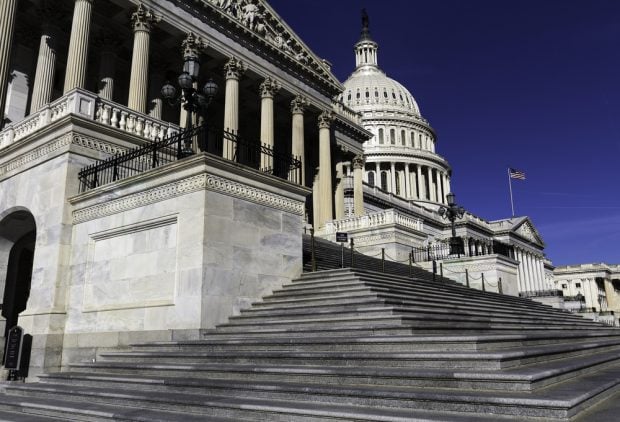 Credit/Shutterstock
Credit/Shutterstock
In October, the Senate passed a resolution to halt the implementation of the CFPB's section 1071 rule and on Friday elected officials in the House have done the same. The rule, which was finalized in March, would require credit unions to collect data on applications for credit for minority-owned, women-owned and small businesses. Credit union trade groups have been against any such rule.
On Wednesday, CUNA President/CEO Jim Nussle and NAFCU President/CEO Dan Berger sent a letter to the House of Representatives leadership asking to nullify the rule.
Recommended For You
The letter stated, "It is important for the CFPB to not harm small businesses or small financial institutions, such as community credit unions. There is widespread concern that Section 1071's complexity and significant costs will weigh disproportionately on credit unions in ways that ultimately lead to fewer and less favorable outcomes for all small business borrowers."
The letter continued, "The overly broad scope of the CFPB's rule will substantially raise the cost of small business borrowing and require covered financial institutions to collect data on businesses that are not 'small businesses' by any traditional metric. Section 1071 should be appropriately tailored to ensure the health and financial needs of truly small businesses can continue to be met."
After Friday's vote in the House, Nussle released the following statement: "We thank Congress for recognizing that, while this rule may be well-intentioned, its real-life impact will harm the small business borrowers and consumers the CFPB aims to protect. The overly broad scope of this rule would lead to higher costs for covered financial institutions and small businesses around the country, which is why credit unions continue to push back against this rule wherever possible."
This hotly contested rule by the CFPB has resulted in numerous lawsuits to stop its implementation. In late October, the U.S. District Court for the Southern District of Texas issued an order that expanded its initial partial injunction, which only applied to members of the American Bankers Association, the Texas Bankers Association and Rio Bank, to include all financial institutions covered by the rule – including credit unions.
That ruling came after CUNA, the Cornerstone League and Rally Credit Union jointly filed an Emergency Motion for Preliminary Injunction in August.
Now that the House has passed the resolution of disapproval of the rule, it heads to President Joe Biden to sign.
Currently, the rule is suspended until the Supreme Court rules on the constitutionality of the Bureau's funding structure.
© Touchpoint Markets, All Rights Reserved. Request academic re-use from www.copyright.com. All other uses, submit a request to [email protected]. For more inforrmation visit Asset & Logo Licensing.







